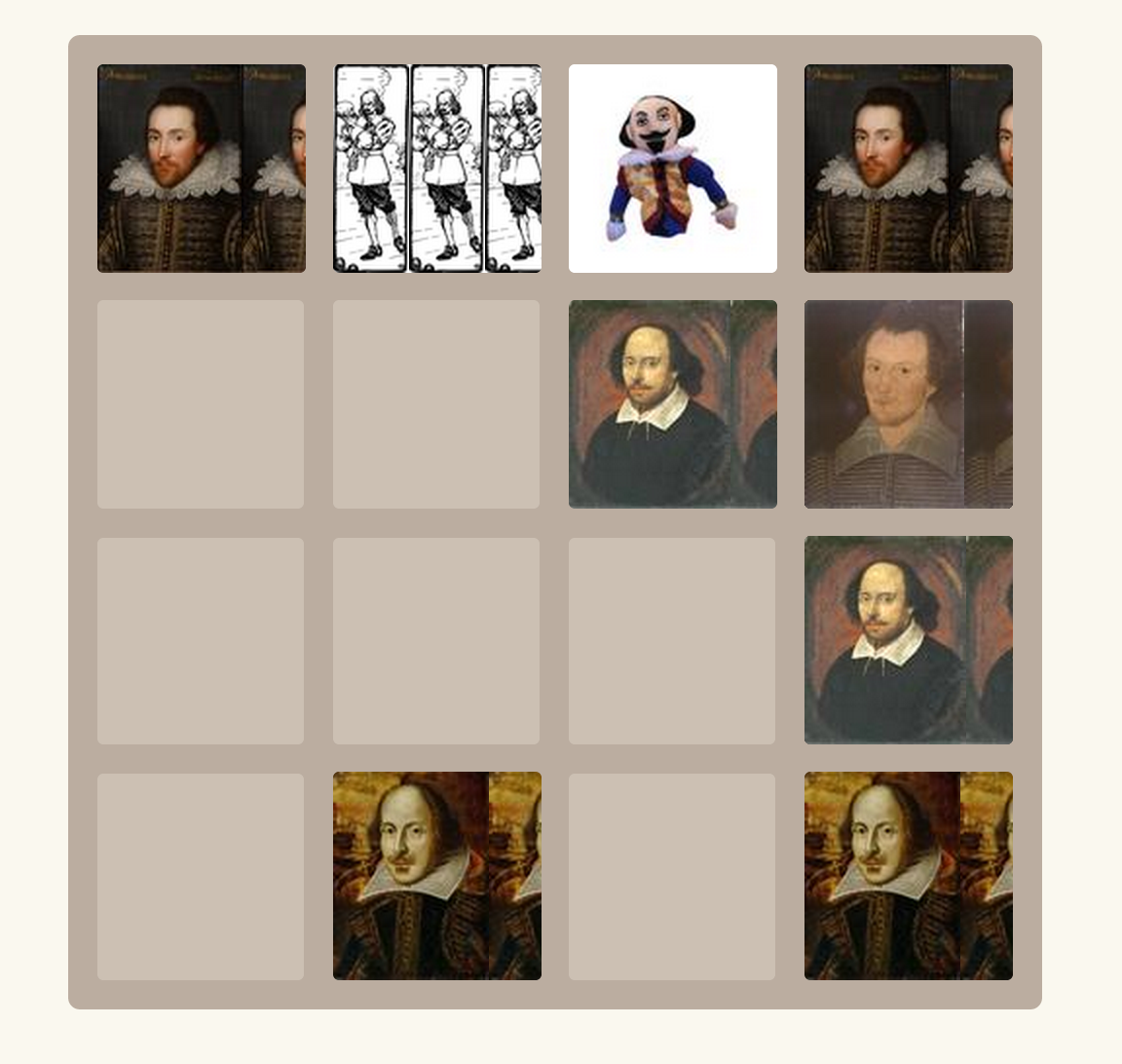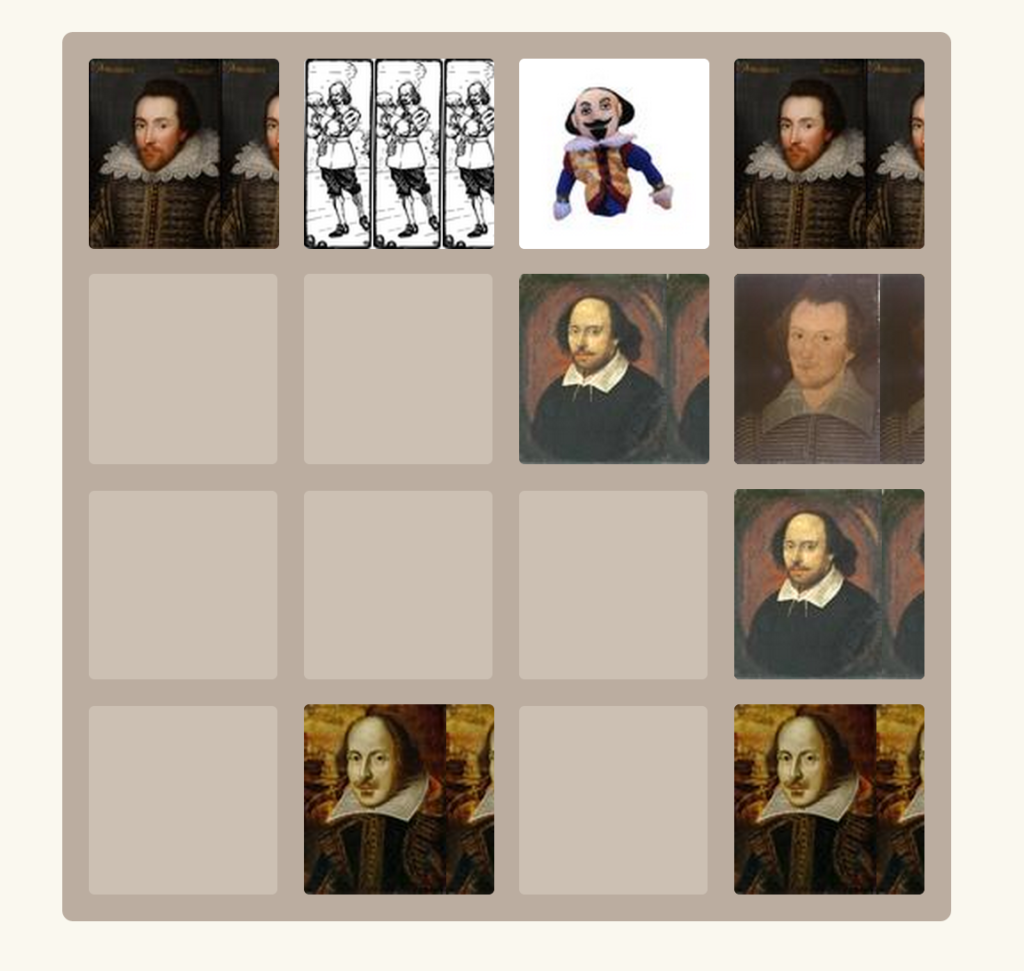My deep dive into The Tempest continues.
I always thought of Prospero’s friend Gonzalo in some sort of Polonius-esque “advisor to the king” role. He’s supposedly friendly to Prospero, yet he’s in charge of the plot to kick Prospero out:
PROSPERO
By Providence divine.
Some food we had and some fresh water that
A noble Neapolitan, Gonzalo,
Out of his charity, being then appointed
Master of this design, did give us, with
Rich garments, linens, stuffs and necessaries,
Which since have steaded much; so, of his gentleness,
Knowing I loved my books, he furnish’d me
From mine own library with volumes that
I prize above my dukedom.
So, he apparently didn’t like the idea of stranding a father and his daughter out on the open sea without food, water and supplies … but it’s not like he actually attempted to stop the plan.
Next we see Gonzalo returning from Alonso’s daughter’s wedding, so at the very least he’s still friendly with the king, if not actually in his service.
We don’t get much insight into Gonzalo’s inner monologue (* except for one line, see below), so it’s difficult to tell how much deeper he goes than just the “talkative, ignorant old fool” he’s made out to be.
I’m thinking maybe it’s a case where he’s always been friendly with Alonso, and has helped the king out on occasion. So one day this guy Antonio shows up from Milan with a plot to get rid of his brother the duke. Alonso isn’t a fan of Prospero, and sees this as an opportunity to gain an alliance (in the “you’ll owe me a favor” sense of the word) in Antonio/Milan. Gonzalo has no real feelings for Prospero one way or the other, and doesn’t feel strongly enough to go against Alonso, so he lets it happen but uses what influence he can to ease his conscience and keep it from being a death sentence.
(*) One of my favorite “minor character moments” comes from Gonzalo. He’s asleep. Antonio and Sebastian, unbeknownst to him, are plotting to kill both him and Alonso. Ariel wakes him, and his first words are not “huh?” or “why did I fall asleep?” or “Why are you holding that sword over my head?” His first words are, “Now, good angels/Preserve the king.” I love that. Not really sure who he’s talking to, and he’s probably too old and frail to do it himself, but it’s still the first thing he thinks of. That’s the kind of guy you want watching your back.


